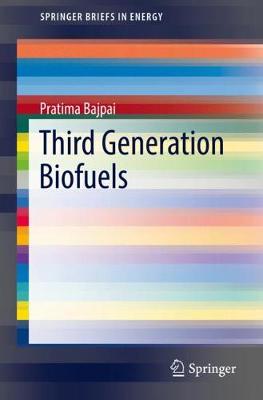Growing concerns about the rapid depletion of fossil fuel reserves, rising crude oil prices, energy security and global climate change have led to increased worldwide interest in renewable energy sources such as biofuels. In this context, biofuel production from renewable sources is considered to be one of the most sustainable alternatives to fossil fuels and a viable means of achieving environmental and economic sustainability.
Although biofuel processes hold great potential to provide a carbon-neutral route to fuel production, first-generation production systems are characterized by considerable economic and environmental limitations. The advent of second-generation biofuels is intended to produce fuels from lignocellulosic biomass, the woody part of plants that does not compete with food production. However, converting woody biomass into fermentable sugars requires costly technologies. Therefore, third-generation biofuels from microalgae are considered to be a viable alternative energy resource, free from the major drawbacks associated with first and second-generation biofuels. This book examines the background of third-generation biofuel production; the advantages of algae over traditional biofuel crops; algal biomass production; algae harvesting and drying methods; production of biofuel from microalgae; and future prospects.
- ISBN13 9789811323775
- Publish Date 16 October 2018
- Publish Status Active
- Publish Country SG
- Imprint Springer Verlag, Singapore
- Edition 1st ed. 2019
- Format Paperback
- Pages 76
- Language English
